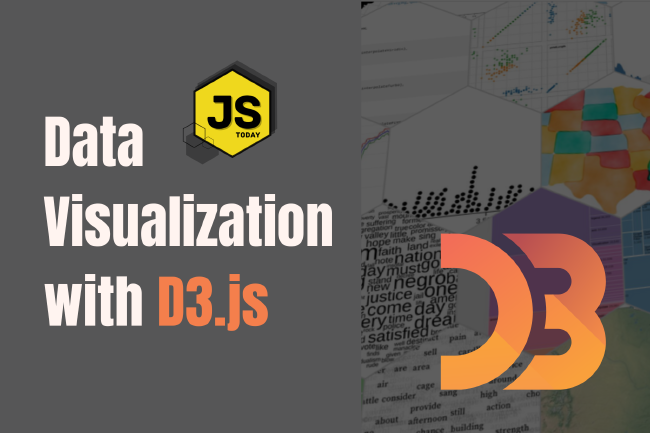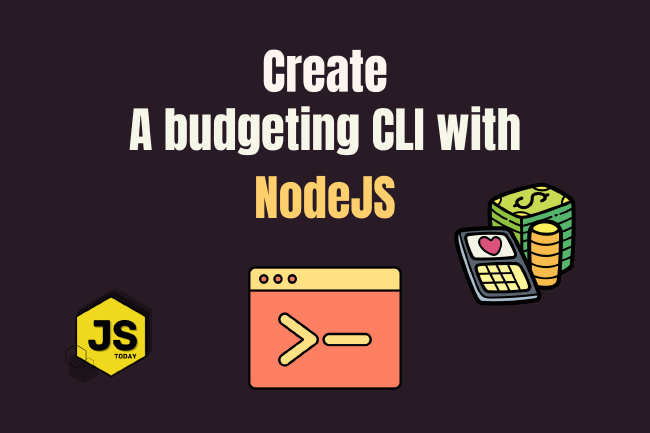How to Get Hired as a Software Developer
In this article, we’re going to explore different experience must-haves in order for you to land a job in software development.
Experiences
First, let us ask you – where are you right now in your journey? Did you just start learning the basics of HTML? Or have you followed some tutorial in order to build a full-stack web application? Either way, we’re going to assume you don’t have any solid professional experience in software.
That’s okay. By the end of this article, you will know exactly how to beef up your experience list.
Blogging
If you’ve been learning how to program for a bit, it’s greatly beneficial to set up a blog. Why? It shows potential employers what you’ve been learning, how you’ve been learning it, as well as your ability to explain. It’s not just good for employers, but it’s a good habit to get into for yourself as well, as breaking topics down, explaining them, is an incredible way to solidify the material into your brain. Set your blog up as soon as possible!
GitHub
Okay, along with blogging, setting up a GitHub account is a must! It’s going to show off not only your technical skills but also your ability to write documentation. That’s right, treat the README files as you would treat a blog post. Describe your software, tell people how to install and run it, and if you’re accepting contributions, let the world know. Aside from the documentation aspect, being able to show off your coding skills is a great way to intrigue employers. Get on GitHub as soon as you start learning – even if you don’t upload anything at first (that’s okay)!
Project-based Experience
Most software development jobs require at least 1 year of experience. Well, how do you obtain it? You’re going to hack your way into experience, that’s how. If you’ve never tried to build a full-fledged business, now is the time to do it. Before we get into this, it’s worth mentioning that it’s useful to have a few hobby-based projects, as well as at least 1 “professional” project.
Now, you don’t need to actually register a corporation or an LLC (unless you really want to), but you’re going to try building a solid side-project with the goal of producing some extra income. Brainstorm ideas. Ask yourself what you can build to produce some income. It might be a blog, SaaS, or something else. Once you’ve got an idea, register a domain name (we use Namecheap), and start building your project.
Work on this project as if it were a legitimate job. Create social media accounts, build email lists, market your products, etc. If you’re lucky, you could potentially make a solid business, not even needing to continue seeking employment. However, this is an extremely difficult path. Most businesses fail, and it’s okay if yours does. You can either start working on another one or start sending your resume out. You have both options as a developer – the entrepreneur route, or the employee route. Both can be potentially good options, depending on your life choices.
Freelancing Experience
Freelancing is another great option to increase your experience list. You can start freelancing by contacting local businesses and family members to see if they’d need any web-related work done. There are also multiple freelancing platforms online that you can make use of, such as Upwork, Fiverr, and Freelancer.com. However, the competition is massive on these platforms. Do keep this in mind.
Educational Experience
To get a developer job you need to have educational experience. Now, this doesn’t necessarily mean a degree, although it can help. You can obtain education in various ways such as taking classes at a community college or the various courses available online for free. There are many resources available for you to learn about web development, including books and websites. You could also attend local developer meetups or find an online community where you can ask questions and get feedback on your projects.
Check out these websites to find some related courses:
More advice
As you grow your experience, you might find following the advice below to be useful as well.
The Importance of having a good resume
Only 2% of resumes make it past the first round. Be in the top 2%
A resume is important because it is one of the first things employers will see when they receive your application. The impression that you make on the first impression is very important. The goal of your resume is to highlight the most pertinent points of your work history and qualifications, while also showing that you can be an asset to the company. A good resume will help get you an interview, which will increase your chances of getting a job offer.
In order to write a good resume, you need to know how to do it. There are many different types of resumes, and each one is designed for a specific type of job or industry. You should choose one that best fits your situation.
To hack your way to a good resume, you might consider using a service such as resume.io, which generates cover letters and resumes for you in minutes, saving you time so you can stay focused on job hunting.
Apply for jobs at companies you want to work for
Find a job that’s a good fit for you, your skills and interests.
Look for companies that hire developers who have the same skill set as you do – and especially look for jobs in places where it would be easy for you to get home on time if necessary (for example, New York City). If possible, apply directly to companies instead of using an agency or recruiter.
Study up on subjects that are central to your role as a software developer
The first step in finding a job as a software developer is to study up on subjects that are central to your role. In this case, you’ll want to ensure that you know enough about computer science, how programs work and what they can do. You’ll want to know the fundamentals of computer science, it is necessary if you’re going to excel in this field.
Useful books + Conclusion
The takeaway from this article is to continue building your experiences, no matter how small they may appear to be. It all adds up.Software development is a rewarding career, but it can also be challenging. If you want to get into this field and make a difference, you’re going to need some skills and experience that are constantly changing. Don’t stop learning, ever. Keep expanding your knowledge and taking new courses.
We hope these tips will help you on your journey!
Consider purchasing the books below if you’re searching for jobs:
Programming Interviews Exposed: Secrets to Landing Your Next Job
Related Posts
The Art of Data Visualization: Exploring D3.js
Data is everywhere, flowing into our applications from various sources at an unprecedented rate. However, raw data alone holds little value unless it can be transformed into meaningful insights.
Read moreJavaScript’s Secret Weapon: Supercharge Your Web Apps with Web Workers
During an interview, I was asked how we could make JavaScript multi-threaded. I was stumped, and admitted I didn’t know… JavaScript is a single-threaded language.
Read moreCreating a NodeJS Budgeting Tool
In this article, we’re going to show you how to read and write to a .txt file using NodeJS by creating a small budgeting CLI (Command Line Interface).
Read more


